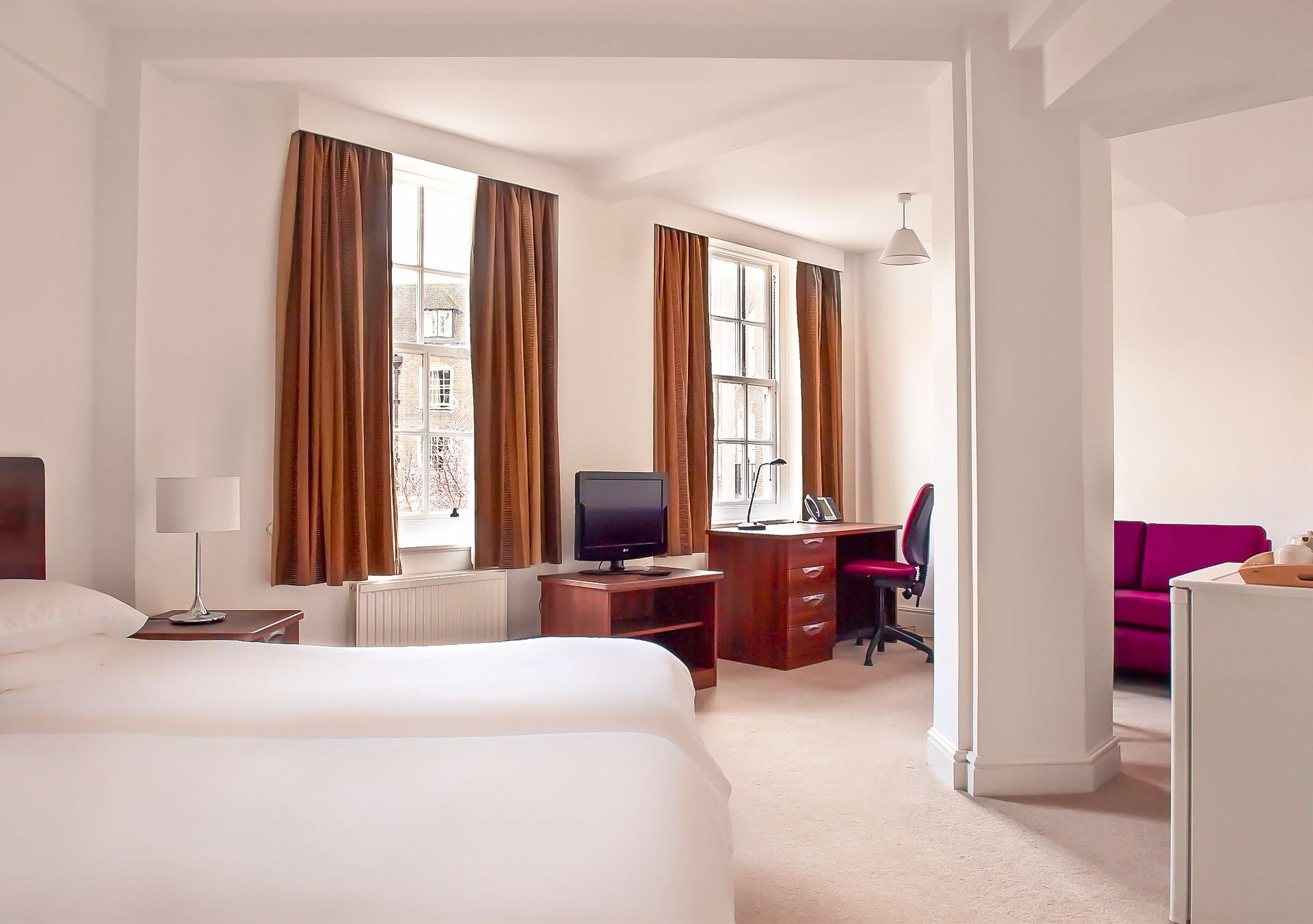Kitchener
The City of Kitchener is a city in Southern Ontario, located approximately 100 km west of Toronto. The metropolitan area, including the neighbouring cities of Waterloo and Cambridge, has a population of just over 500,000, making it the tenth-largest in Canada and the fourth largest in Ontario itself. and Waterloo are often referred to jointly as "Kitchener-Waterloo" (K-W), although they both have separate municipal governments. When including Cambridge, the three cities are known as "the tri-cities".
Kitchener-Waterloo's annual Oktoberfest celebration is a nine-day event, based on the original German festival. It is labelled as the country’s Greatest Bavarian Festival and the largest in the world outside of Germany. It is held in October, starting on the Friday before Canadian Thanksgiving and running until the Saturday after.
Waterloo
Waterloo is the smallest of the three cities in the Regional Municipality of Waterloo. There have been several attempts to amalgamate the two cities (sometimes including Cambridge as well), but none have ever been successful.
Apart from the Oktoberfest, the city also boasts several annual festivals and events, including, the Ice Dogs Festival in February, the GO! Music Festival in March, the Waterloo Jazz Festival in July, the Waterloo Busker Carnival in August, the Royal Medieval Faire in September, and the Santa Claus Parade in November.
Accommodation in university residences in Kitchener-Waterloo
Various institutions offer affordable visitor accommodation in the summer months, including the University of Waterloo. It should be understood that these residences are designed primarily for students and not children or adults expecting a high level of luxury. However, with this in mind, the halls do meet a level of comfort that we expect most visitors to be happy with, and we will welcome any feedback where this is not the case.
Getting around Kitchener-Waterloo
Public transport in the Region of Waterloo is provided by Grand River Transit, which operates a number of bus routes in Kitchener, with many running into Waterloo and two connecting to Cambridge. There is also an express bus route called iXpress from downtown Cambridge through Kitchener to north Waterloo. Passenger rail service is a point of frustration for Kitchener: two main lines come westward out of Toronto and join up again in London. The northern line passes through Guelph, Kitchener and Stratford, while the southern goes along the lakeshore via Oakville and is the primary rail corridor for CN, so trains operate more frequently and faster, so Kitchener, with a population equal to London and located much closer to Toronto, gets less than one third the frequency of passenger rail service: three trains in each direction travelling between Sarnia and Toronto stop at the Kitchener railway station daily. Waterloo is not served by any regular passenger rail service. Air travellers tend to use Toronto Pearson International Airport. WestJet runs scheduled daily services from Waterloo International to Calgary and Vancouver.
